Foreign secretary Dominic Raab has accused Russia and other states of attempting to exploit the challenges created by the coronavirus pandemic in Britain.
Addressing the issue of cyber attacks by foreign actors last month at a No 10 press conference, Mr Raab said he was aware of criminals an “other malicious groups” targeting individuals and organisations in the UK – but did not single out any countries.
Pressed on Sky News whether Russia had intervened in the UK’s Covid-19 response, Mr Raab said the pandemic had created a “a perceived opportunity” for “various different state and non-state” actors through cyber and other means.
Download the new Independent Premium app
Sharing the full story, not just the headlines
“I think we’ve seen it in relation to Hong Kong,” he said. “I think some people are arguing that it is difficult to glean whether it is true or not that is something the national security legislation that is being put forward is being done at a time when the world’s attention has been on coronavirus.”
Asked again, the foreign secretary said: “I don’t think that they’ve made a material difference to our response in health terms but certainly Russia and other countries and indeed non-state actors see the challenges that Covid has created and are trying to exploit it.
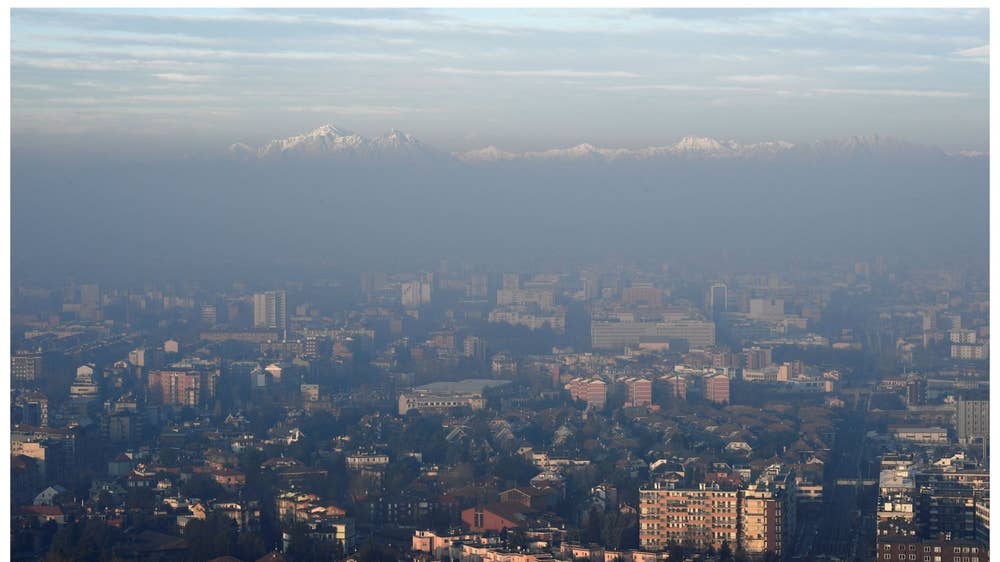
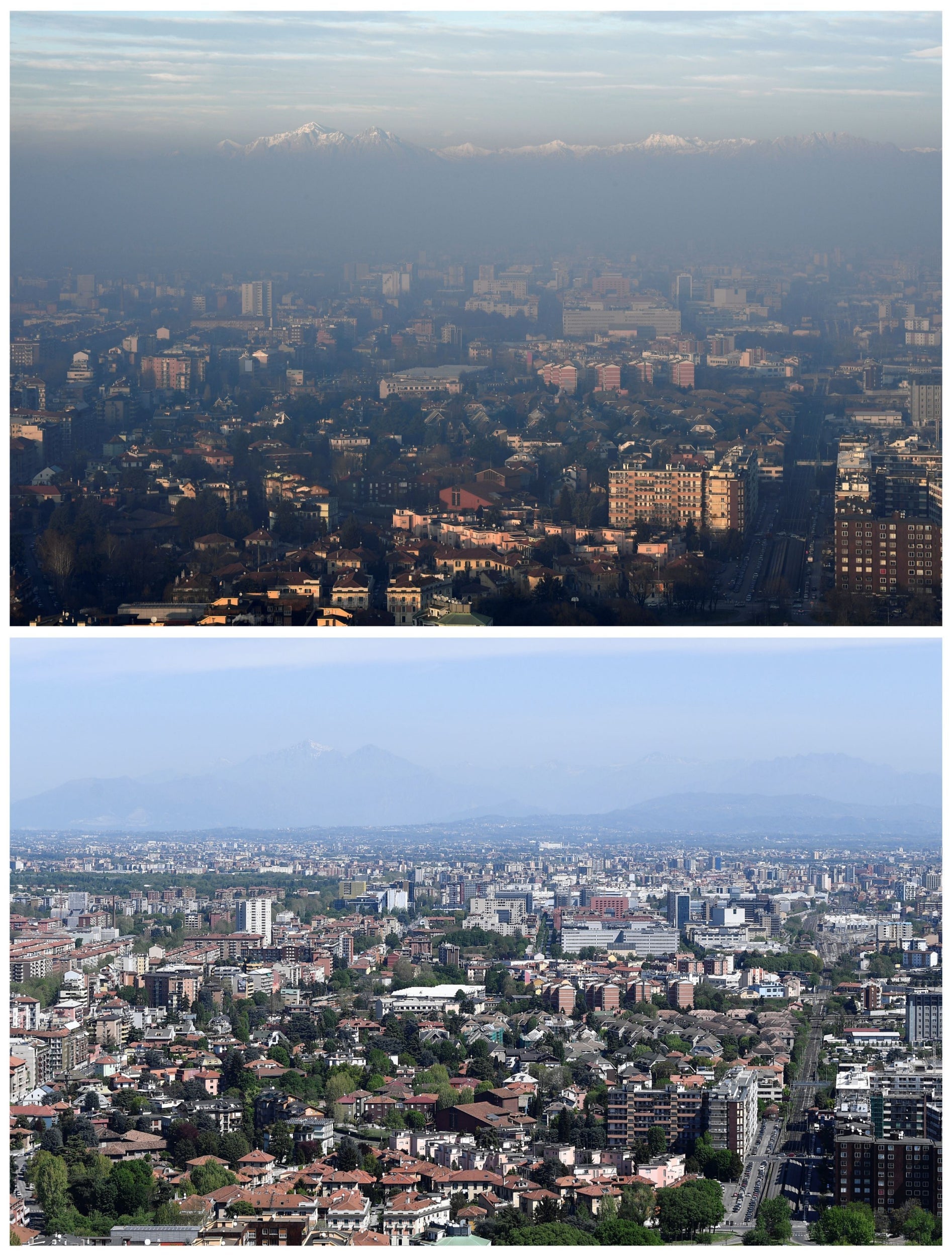
1/6
Milan, Italy
REUTERS
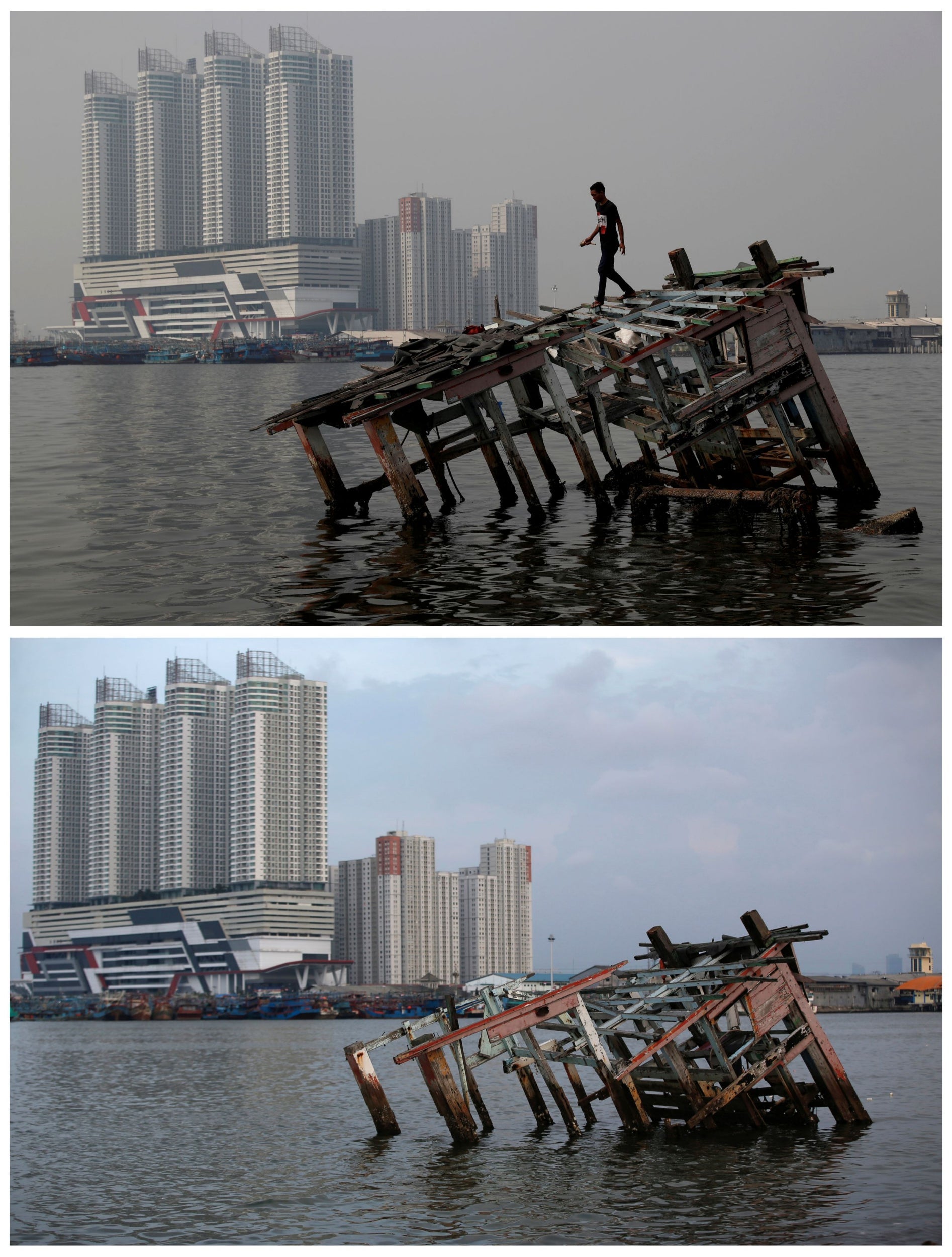
2/6
North Jakarta, Indonesia
REUTERS
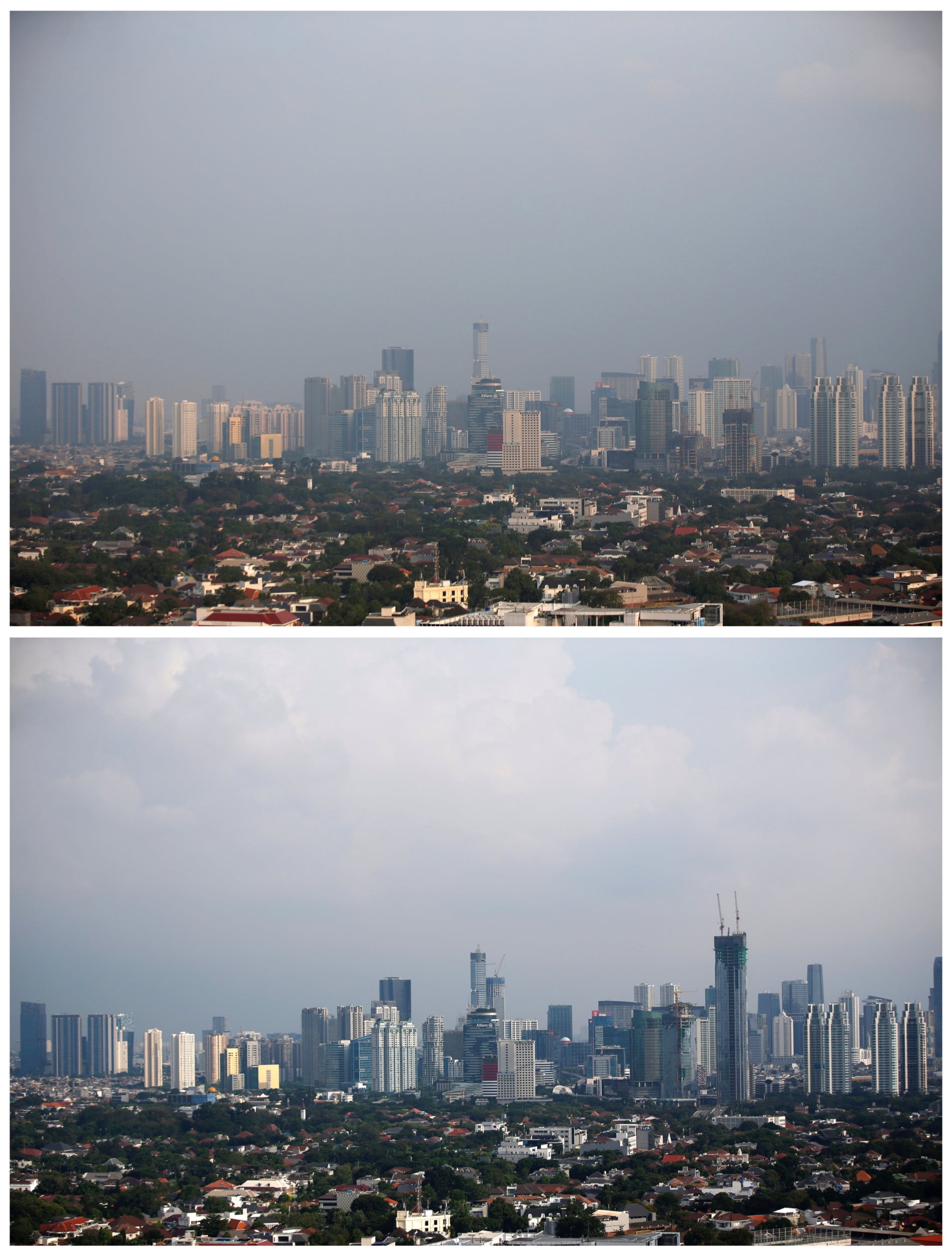
3/6
Jakarta, Indonesia
REUTERS
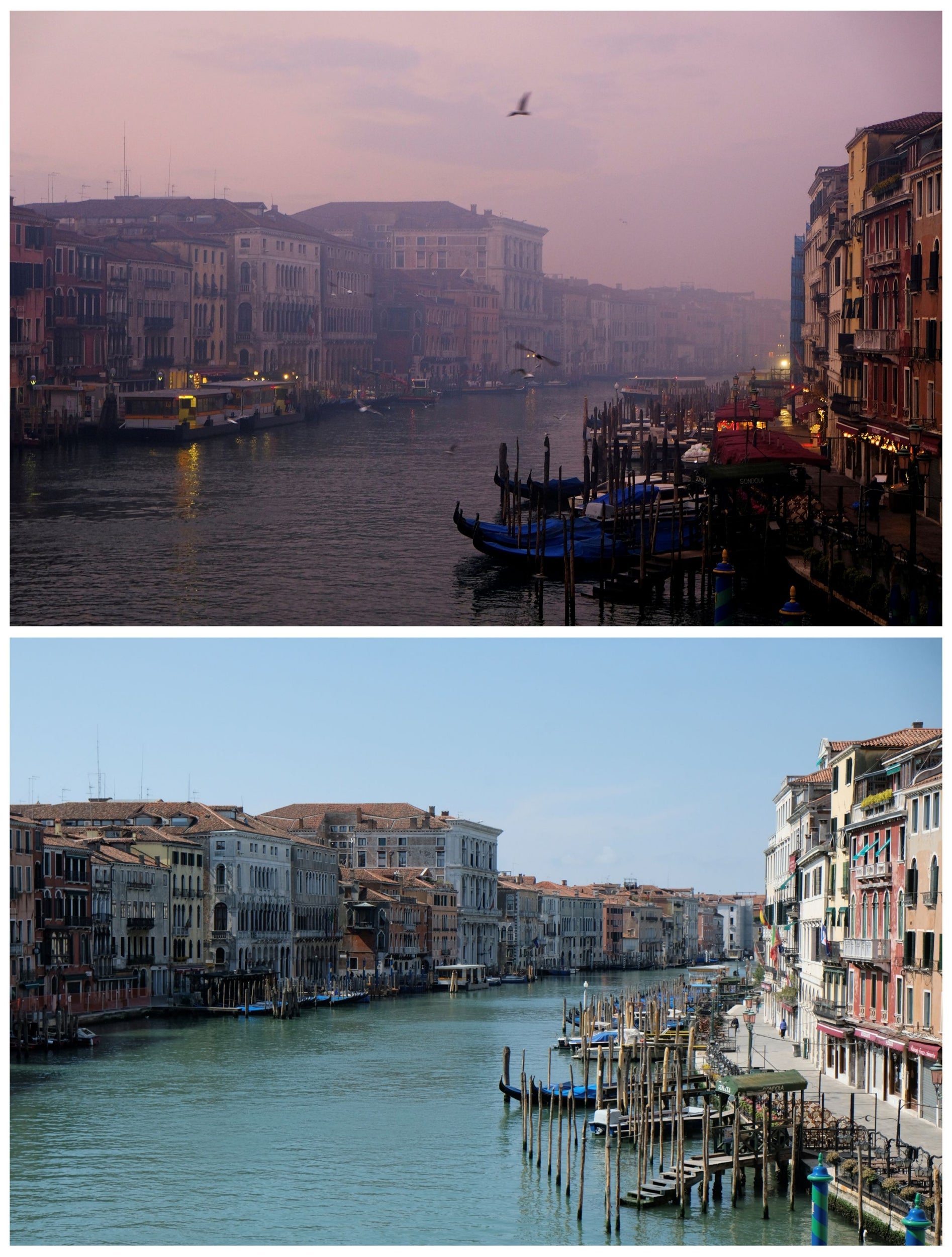
4/6
Venice, Italy
REUTERS
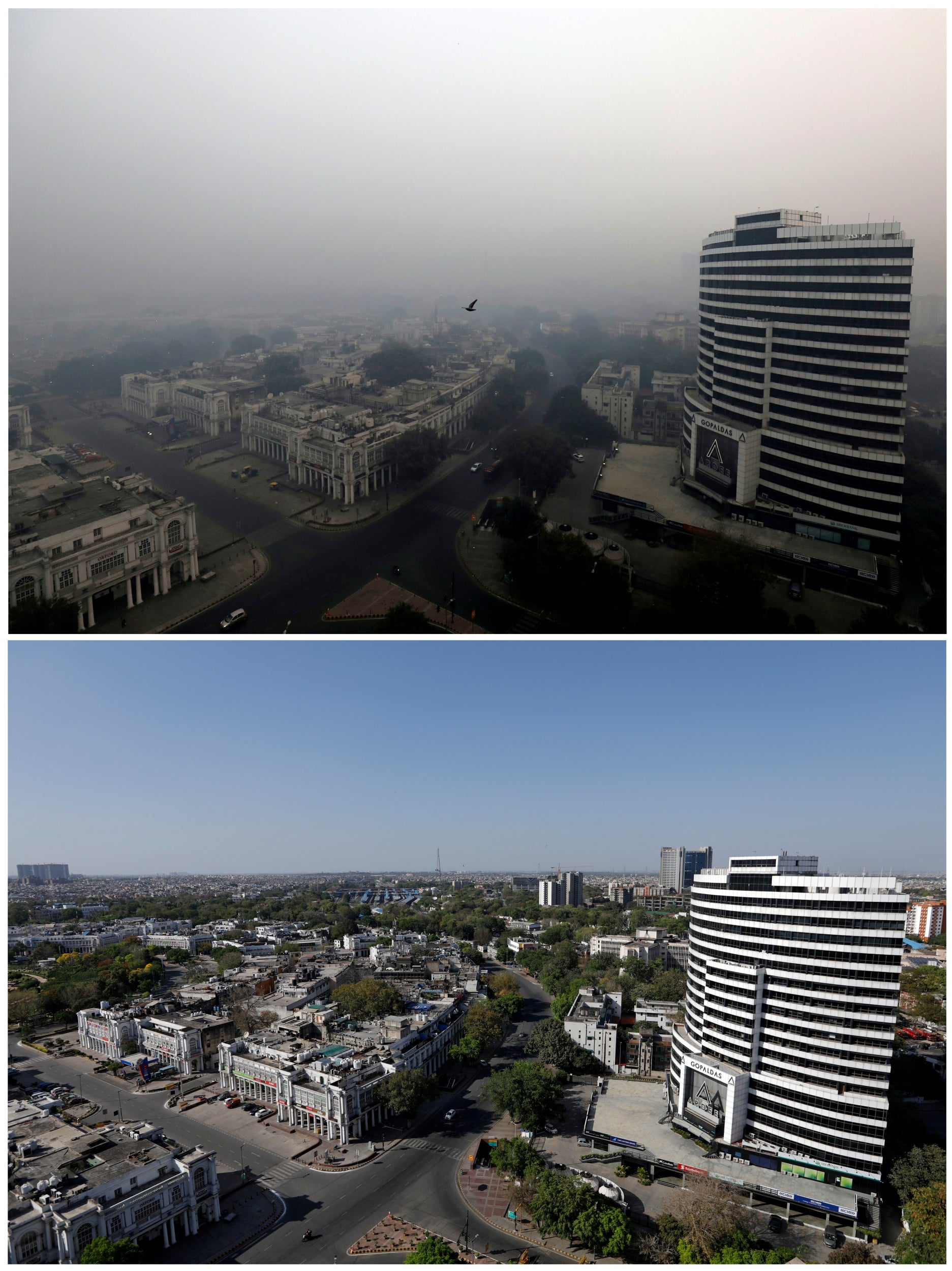
5/6
New Delhi, India
REUTERS

6/6
Islamabad, Pakistan
REUTERS

1/6
Milan, Italy
REUTERS

2/6
North Jakarta, Indonesia
REUTERS

3/6
Jakarta, Indonesia
REUTERS

4/6
Venice, Italy
REUTERS

5/6
New Delhi, India
REUTERS

6/6
Islamabad, Pakistan
REUTERS
“And we’re making sure we have got the resilience, the defence and the capabilities to prevent them from doing so,” he added.
His remarks follow a joint statement from the UK’s National Cyber Security Centre (NCSC) and the US Cybersecurity and Infrastructure Security Agency (CISA) warning of international organisations and criminal gangs exploiting the health crisis.
In a separate interview, Mr Raab also said the coronavirus crisis meant there was a need to “integrate foreign policy more closely” in Whitehall ahead a controversial merger of the Foreign Office and the Department for International Development (DfID) in September.
“What you’re seeing with the merger is that we want to bring our world-beating aid budget and development expertise we’ve got in DfID right to the beating heart of foreign policy decision making and give not just taxpayers benefit but that have the maximum impact they need at this crucial time,” he said.
“So I do think we are learning lessons from the crisis and trying to turn that into the kind of innovation which will sharpen our cutting edge in terms of foreign policy.”
Addressing the issue of statues in the wake of the Black Lives Matter movement, the foreign secretary also told Radio 4’s Today programme that the UK should be careful not to “airbrush” its history, but should “update it”.
“One thing I do accept is that people will think that we ought to keep updating our history, and make sure the symbols reflect the spirit and the values of the age,” he added.



